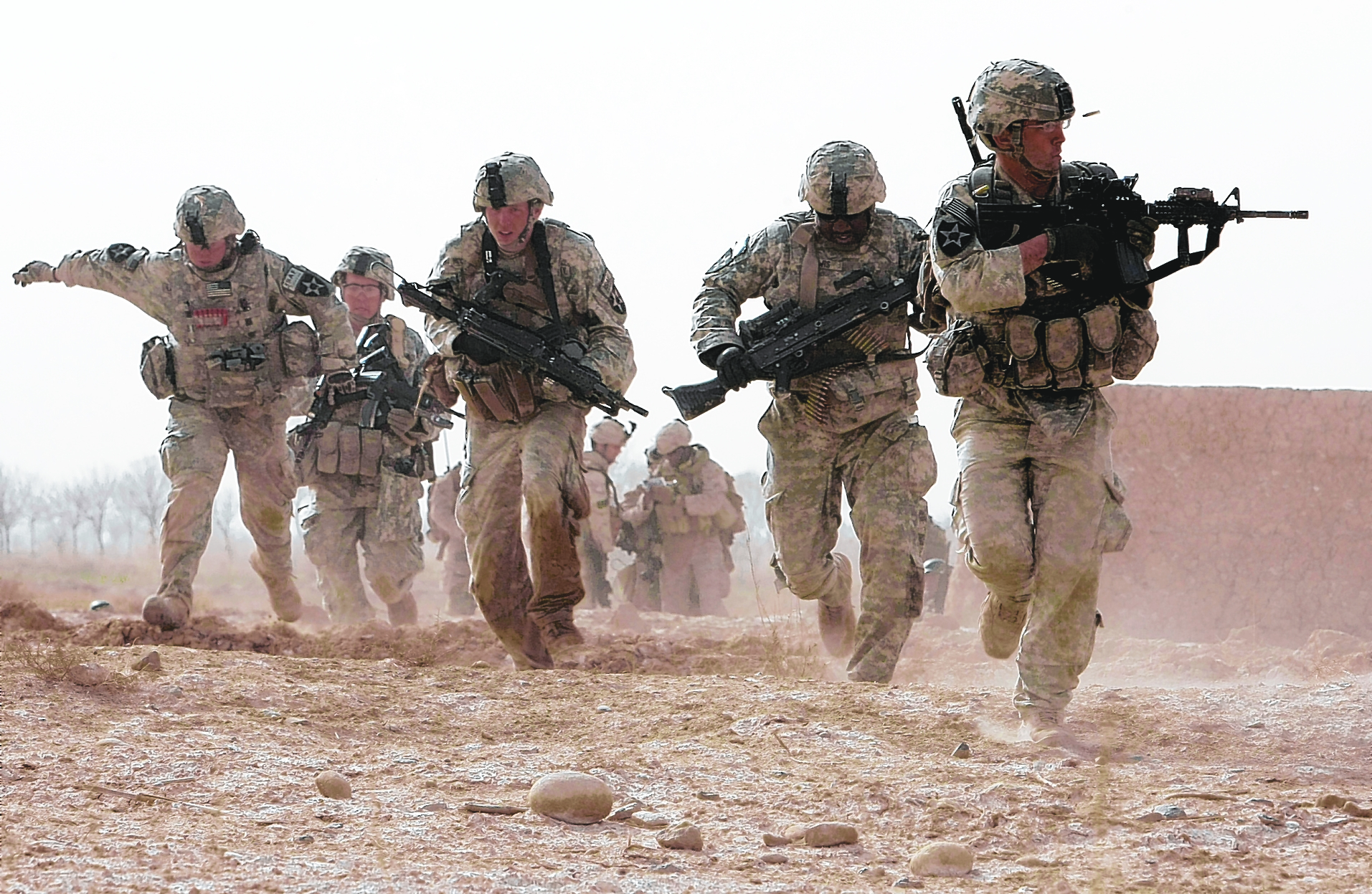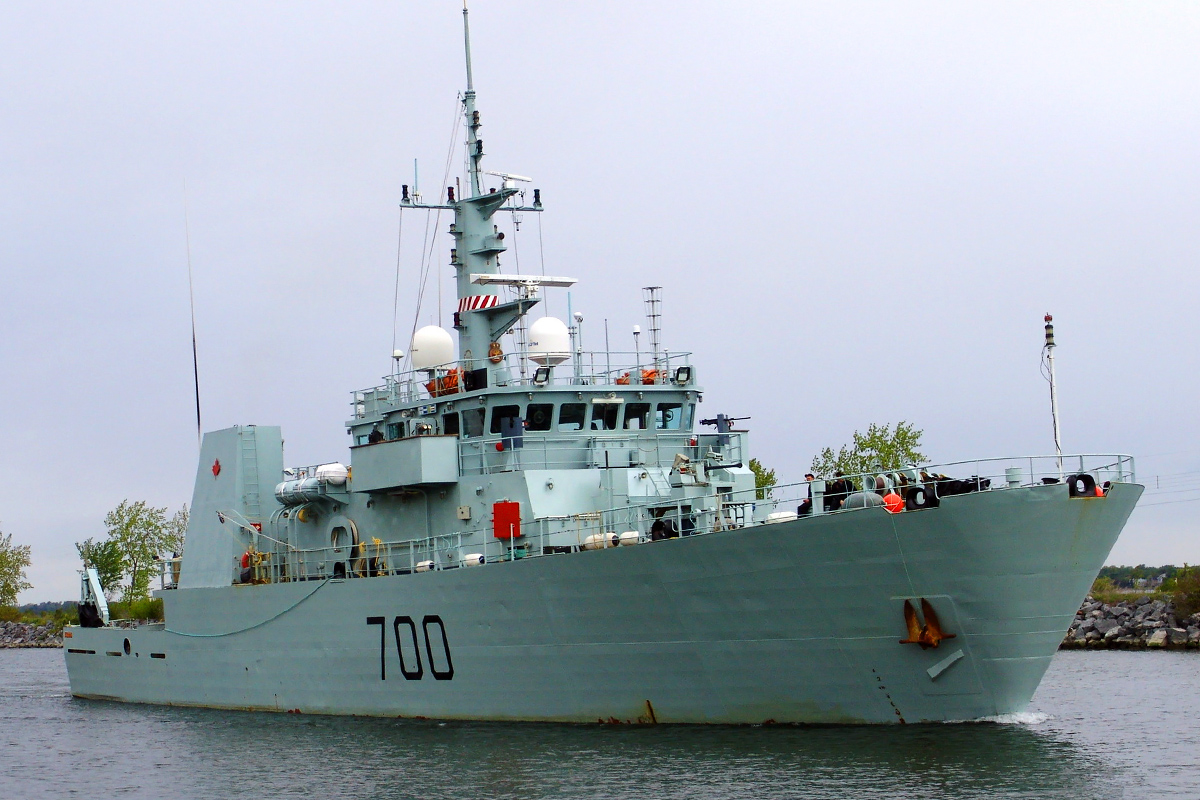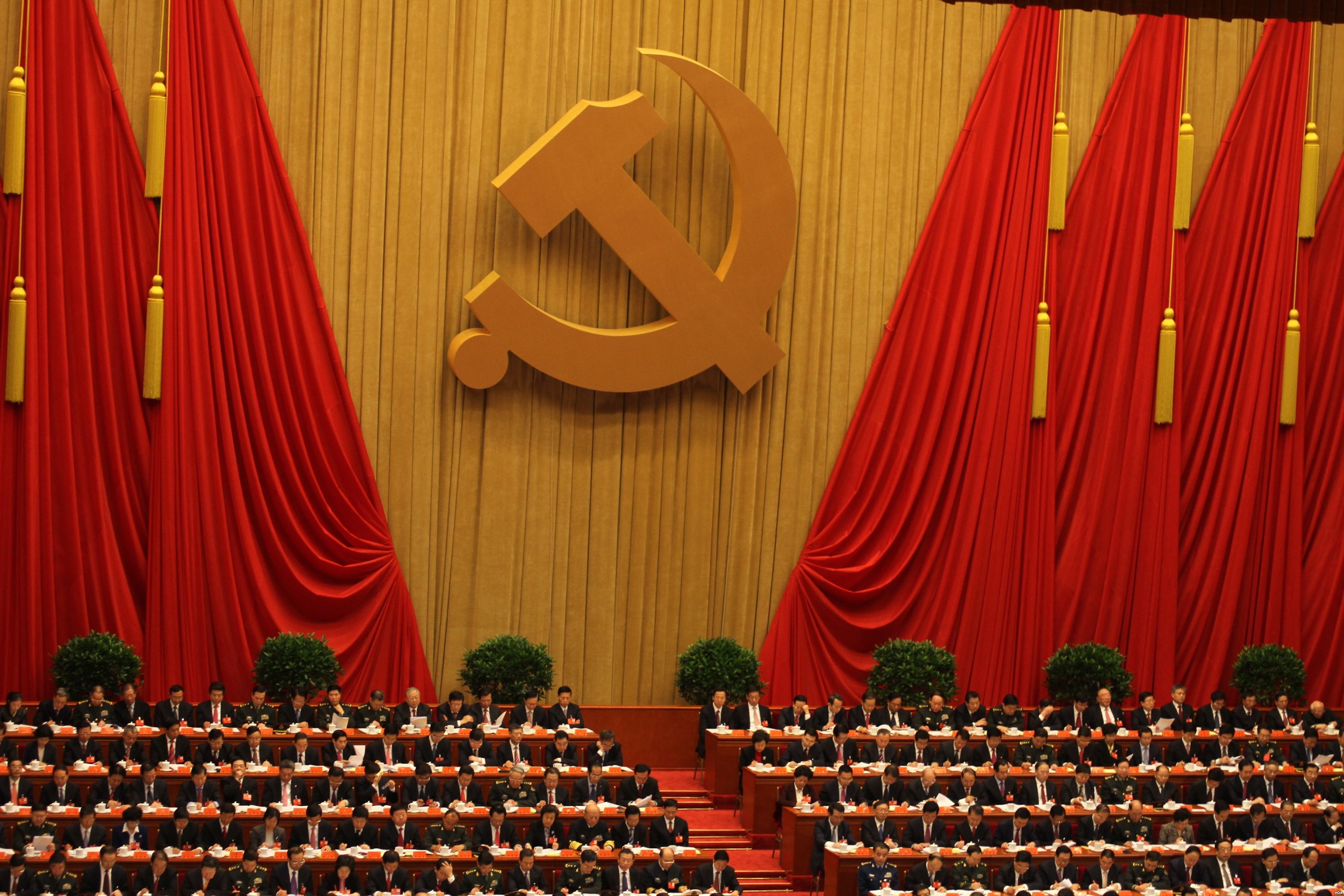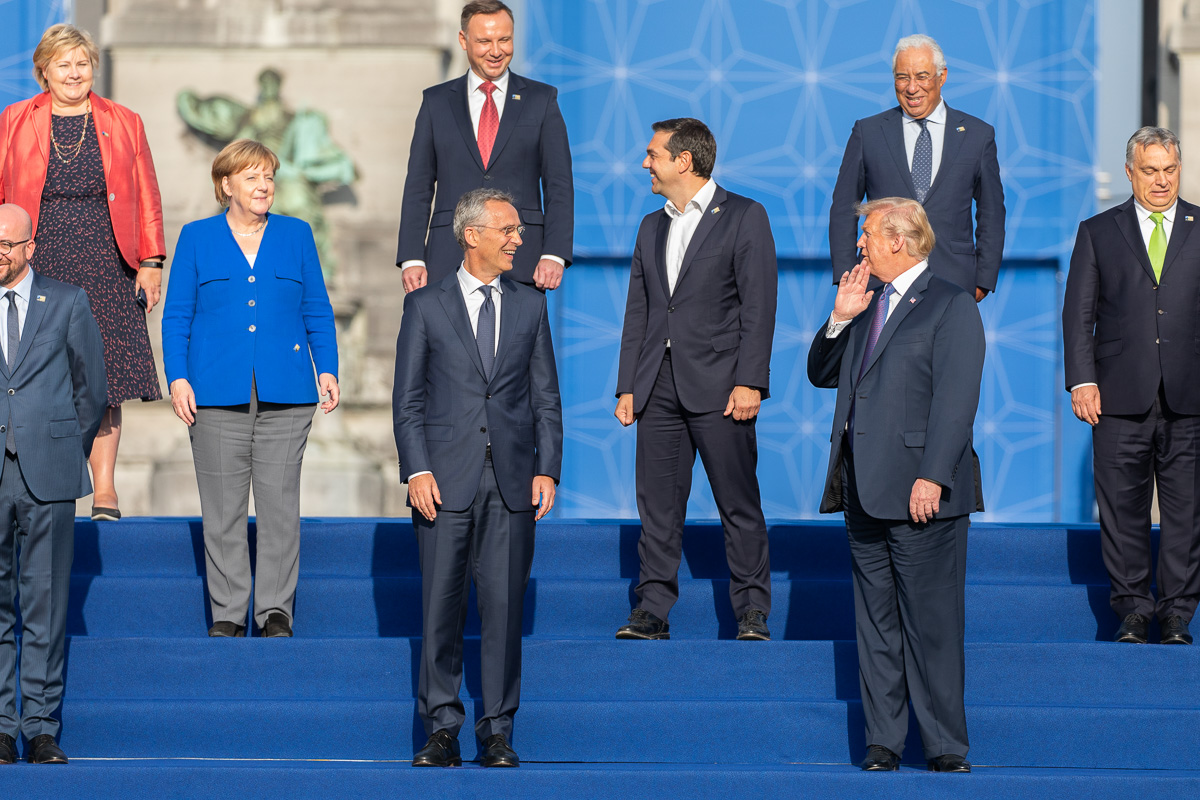 The International Security Assistance Force (ISAF) mission in Afghanistan was the longest campaign the US military and its coalition partners have ever engaged in. Armies were forced to learn and improve a lot over the last decade in all areas ranging from training methods, to effectively using a limited amount of resources on two separate battlefronts. These events led to militaries around the world, learning, adapting and changing everything, the military weapons and vehicles they were procuring, the software they were adopting, the allocation of funds and indeed the entire structuring of their services. Conventional warfare has been forgotten and replaced by counter insurgency, counter terrorism, state on non-state, state building, humanitarian operations, desert warfare and guerrilla warfare.
The International Security Assistance Force (ISAF) mission in Afghanistan was the longest campaign the US military and its coalition partners have ever engaged in. Armies were forced to learn and improve a lot over the last decade in all areas ranging from training methods, to effectively using a limited amount of resources on two separate battlefronts. These events led to militaries around the world, learning, adapting and changing everything, the military weapons and vehicles they were procuring, the software they were adopting, the allocation of funds and indeed the entire structuring of their services. Conventional warfare has been forgotten and replaced by counter insurgency, counter terrorism, state on non-state, state building, humanitarian operations, desert warfare and guerrilla warfare.
Coalition armies have made much improvement over the last decade in all areas. Western militaries now face the challenge of how to move forward and prepare for different contingency contexts in a post-Afghanistan world. The problems range from a lack of preparedness in military education to supply chain procedures. The prime contractors for military hardware and equipment to governments must re-learn how to allocate funds and which departments to back.
Environments other than sand
One of the issues faced can be found in the training software simulation increasingly being used by many militaries to cut costs and realistically reproduce the environment soldiers will face on operations. Prime contractors have worked hard over the last decade to produce software that imitates desert environments. Most scenarios now simulate a battle in locations such Lashka Gah, Bagram, Basra and Bahgdad. Militaries now need to plan for the future and be ready to fight in any environment ranging from eastern European plains (such as Ukraine), jungle warfare and artic warfare to name a few. With training being focused solely on Iraq and Afghanistan, the defence industry is now behind in developing the software to simulate other environments meaning that training for all contingencies is falling behind.
 The problems are not limited to training. A large amount of the procurement over the last decade has focused on equipment optimised for the conditions experienced in Afghanistan. Services such as the Western Navies that have been less involved in the campaign have had their resources cut in order to allocate more resources to fighting forces such as the ground troops who were in vital need of equipment updates in Afghanistan. Armoured units have also had to adapt and learn new skills for the Afghan campaign. One such example is the Royal Tank Regiment in the British Army which has added Chemical, Biological, Radiological and nuclear (CBRN) warfare to its capability to complement its Challenger 2 main battle tank capability.
The problems are not limited to training. A large amount of the procurement over the last decade has focused on equipment optimised for the conditions experienced in Afghanistan. Services such as the Western Navies that have been less involved in the campaign have had their resources cut in order to allocate more resources to fighting forces such as the ground troops who were in vital need of equipment updates in Afghanistan. Armoured units have also had to adapt and learn new skills for the Afghan campaign. One such example is the Royal Tank Regiment in the British Army which has added Chemical, Biological, Radiological and nuclear (CBRN) warfare to its capability to complement its Challenger 2 main battle tank capability.
Military education
A final difficulty faced by modern militaries in a post-Afghan environment is the military education aspect. In the last ten years, western militaries have learned to adapt and update their military education courses and programmes. Most of the older generation spent years leaning about Cold War tactics and doctrine, even a decade after the Cold War had ended. It was not until late 2005 that this was rapidly changed to teach all new recruits about the tactics being used in Afghanistan and a renewed focus on counter insurgency and counter terrorism operations. Many of the young recruits not only lack the experience of state-on state-conflict; they also see it as a completely alien scenario.
The whole training and education curriculum needs to be changed and Afghanistan must be reduced to a ‘lessons learned’ chapter to go alongside many other chapters. The new focus needs to be on future forces and how to be prepared for every scenario we may face in the coming decades. This must include a greater emphasis on inter-services cooperation.
Conclusion
In conclusion, the war in Afghanistan forced western militaries to change everything from procurement to training through to education. This was necessary in order for the military to catch up with modern times and update old models and equipment. The western militaries must now adapt and change again in the post-Afghanistan environment and start preparing for contingency with a focus on future forces and operations in order to train soldiers to operate in ‘environments other than sand’.




